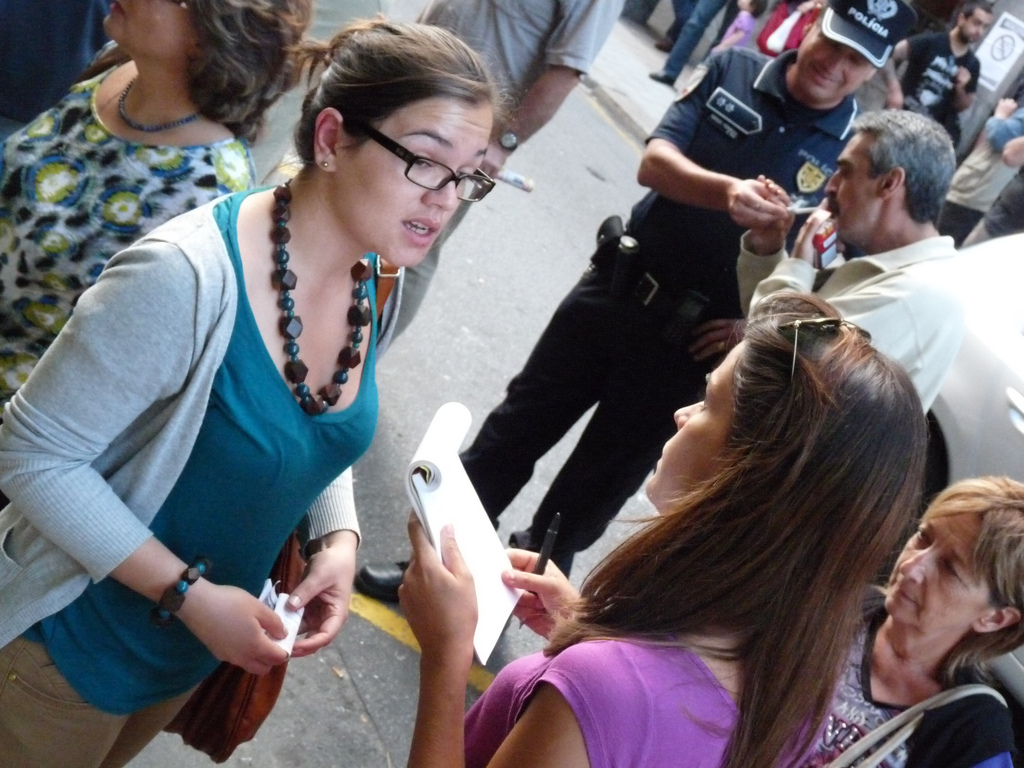Photo courtesy of Dr. Robert Gutsche Jr.
By Ruben Palacios/Asst. News Director
After five years of intimate research and interviews, journalism professor Robert Gutsche Jr. turns his Ph.D. dissertation into a book.
Dr. Gutsche’s latest work, “A Transplanted Chicago: Race, Place and Press in Iowa City,” inspects the way the press covered a predominantly African-American area in the southeast side of Iowa City.
“The purpose of the book is to capture a moment in time,” Gutsche said. “I have built my time and my interests around talking about larger issues of race, and press coverage of race, and geography in this community.”
The community members he writes about were moved to the westside of the city, yet the same poor coverage followed them from one neighbourhood to the next.
Gutsche’s book discusses how the press played a role in oppressing the people of Iowa City.
“It’s important to talk about forced migration of underserved community members no matter where it is,” Gutsche said.
Though the book focuses on the midwest, Gutsche said the occurrences discussed can be seen across the country, Miami included.
“Wynwood is talked about immensely as this up-and-coming hipster place, until there’s a black Overtown kid shot in the neighborhood and then [the media] calls it a crime-plagued area,” he said.
Gutsche said the press skews the narrative of a situation to convey the message they want the public to believe, not necessarily what is.
The unreliable press coverage in Iowa City, similar to cases in Miami, Gutsche said stems from reporters wanting to fit in with popular opinion.
“I want to look at A, B and C and come up with an explanation that you will be happy with,” he said. “I don’t want to come up with a completely different interpretation or I’ll be ostracized.”
As Gutsche also discussed in his book, reporters who covered Iowa City made the mistake of writing about an area they never set foot in, let alone experienced, themselves.
Accountability is one way Gutsche said reporting crises as the one of Iowa City can be avoided.
However, he also said traditions in journalism should be altered to benefit the product being published.
“There is this idea that journalists aren’t the story and that they shouldn’t be part of the story,” said Gutsche. “We should probably think about throwing that mindset away and we should make journalist’s be comfortable being more self-aware and self-reflexive.”
Gutsche said he uses his publications and findings in the classroom to help aspiring reporters avoid the mistakes he uncovered while researching for his book.
He said the school of journalism is a platform for social issues to be discussed.
“We have so much power in how we explain to the world everyday life that we should be comfortable in having a bit of uncomfortable conversation,” he said. “We have so much power that we need to be held accountable.”
All of Gutsche’s author royalties from the book will go to a charity in Iowa City.
“I sat with people who didn’t feel welcome in that community and they shared their stories with me. It felt wrong for me to take money off of somebody else’s story,” he said.
-ruben.palacios@fiusm.com






Be the first to comment on "Journalism professor explores racial prejudice in media with new book"